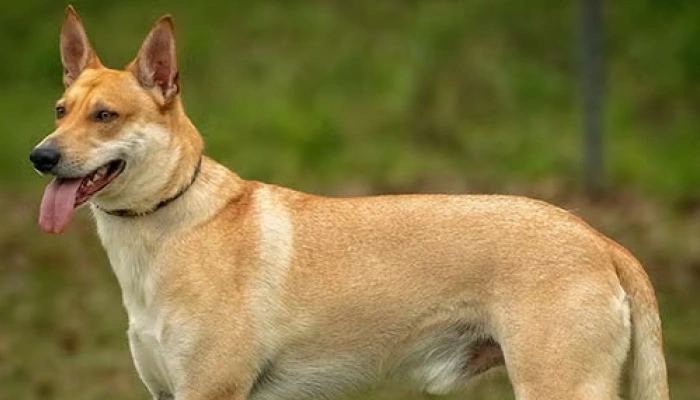Carolina Dogs are intelligent, clean, and reserved by nature. They form tight bonds with their family but may be aloof with strangers. Early and ongoing socialization is essential. They respond best to calm, consistent training and are easily overwhelmed by harsh or chaotic environments.
Their short coat is easy to maintain, and they’re generally healthy, with minimal grooming needs. These dogs retain a strong pack and prey drive, and while they're not hyper, they do need regular activity and mental engagement to remain balanced.







